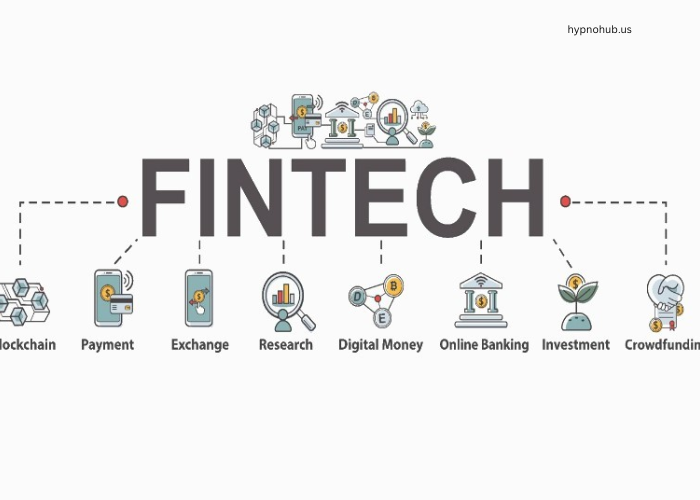The financial services industry is undergoing a seismic transformation, fueled by the rapid advancements in financial technology, or fintech. By leveraging cutting-edge technologies such as artificial intelligence (AI), blockchain, and data analytics, fintech companies are redefining the traditional banking model. Here’s a closer look at some of the most impactful fintech innovations reshaping the banking landscape.
1. Digital Payments
The rise of digital payment platforms has revolutionized how consumers and businesses handle transactions. Mobile wallets like Apple Pay, Google Pay, and PayPal have made cashless payments seamless and secure. These platforms use tokenization and biometric authentication, ensuring a higher level of security and user convenience. Peer-to-peer (P2P) payment apps, such as Venmo and Zelle, further simplify the process of transferring money among individuals, fostering a culture of immediacy and accessibility.
2. Blockchain and Cryptocurrencies
Blockchain technology is transforming the backbone of banking operations. By offering decentralized, transparent, and immutable ledgers, blockchain enhances transaction security and reduces the need for intermediaries. Cryptocurrencies, such as Bitcoin and Ethereum, are also pushing banks to rethink cross-border payments and asset management. These digital currencies enable near-instantaneous global transactions at a fraction of the cost of traditional methods.
3. Artificial Intelligence and Machine Learning
AI and machine learning are empowering banks to provide more personalized and efficient services. Chatbots and virtual assistants, like Erica by Bank of America, offer 24/7 customer support, reducing wait times and improving user experience. AI-driven algorithms are also employed for credit scoring, fraud detection, and risk assessment, ensuring smarter and more accurate decision-making processes.
4. Open Banking
Open banking initiatives are fostering collaboration between traditional banks and third-party developers. By using application programming interfaces (APIs), banks can securely share customer data (with their consent) to enable innovative financial solutions. This ecosystem encourages competition and innovation, leading to tailored financial products that better meet consumer needs.
5. Robo-Advisors
Automated investment platforms, or robo-advisors, are democratizing wealth management. By using algorithms to provide financial advice and manage portfolios, these tools make investing accessible to individuals who may lack the resources for traditional financial advisors. Companies like Betterment and Wealthfront offer low-cost solutions that cater to a diverse range of investors.
6. Biometric Security Systems
Security remains a top priority in the banking sector, and fintech is addressing this through advanced biometric systems. Fingerprint scans, facial recognition, and voice authentication are increasingly replacing traditional PINs and passwords. These measures not only enhance security but also streamline the customer experience.
7. Decentralized Finance (DeFi)
DeFi is emerging as a disruptive force, offering financial services without the need for traditional banks. Built on blockchain, DeFi platforms provide services such as lending, borrowing, and trading directly to users, eliminating intermediaries. This innovation has the potential to increase financial inclusivity, especially in underserved regions.
The Road Ahead
As fintech continues to evolve, its impact on banking is only expected to grow. Banks that embrace these innovations will not only stay competitive but also offer superior value to their customers. However, with these advancements come challenges, including regulatory compliance, cybersecurity risks, and the need to bridge the digital divide.
In the end, the convergence of fintech and banking holds immense promise for creating a more inclusive, efficient, and customer-centric financial ecosystem.





